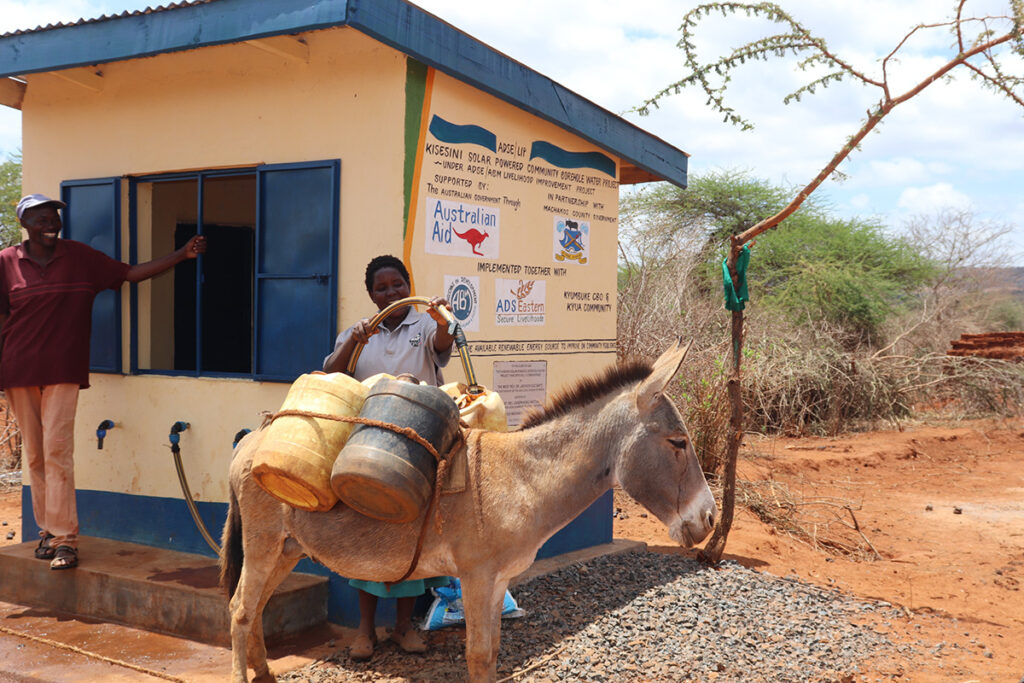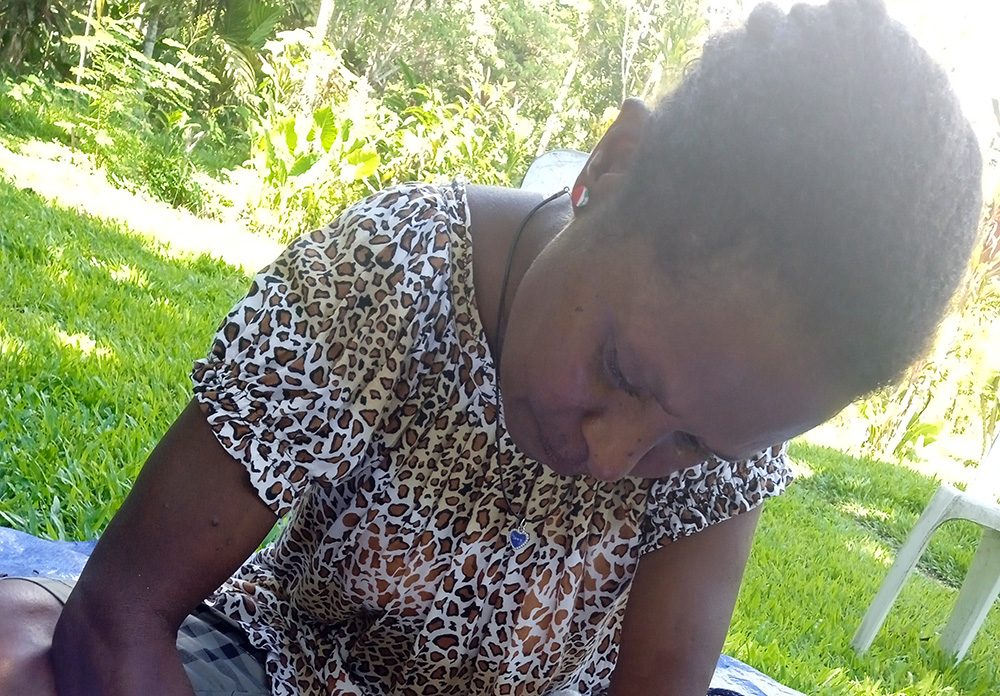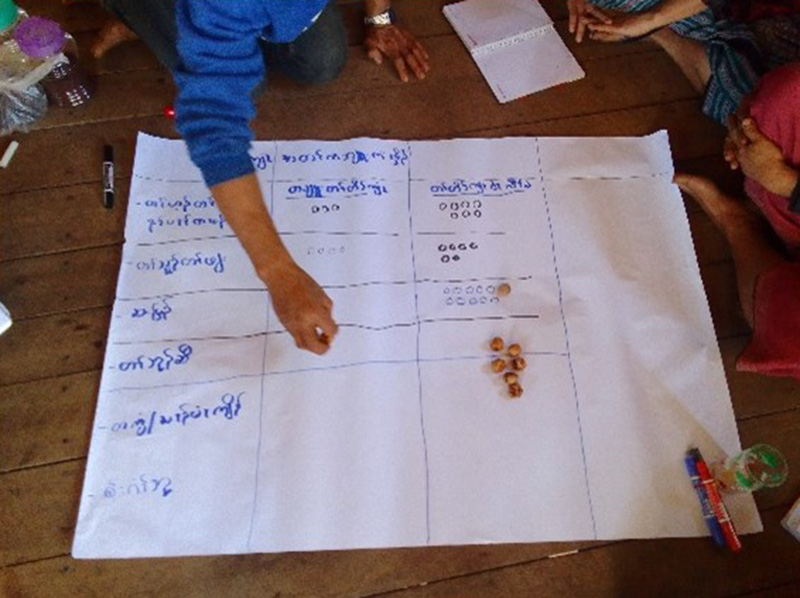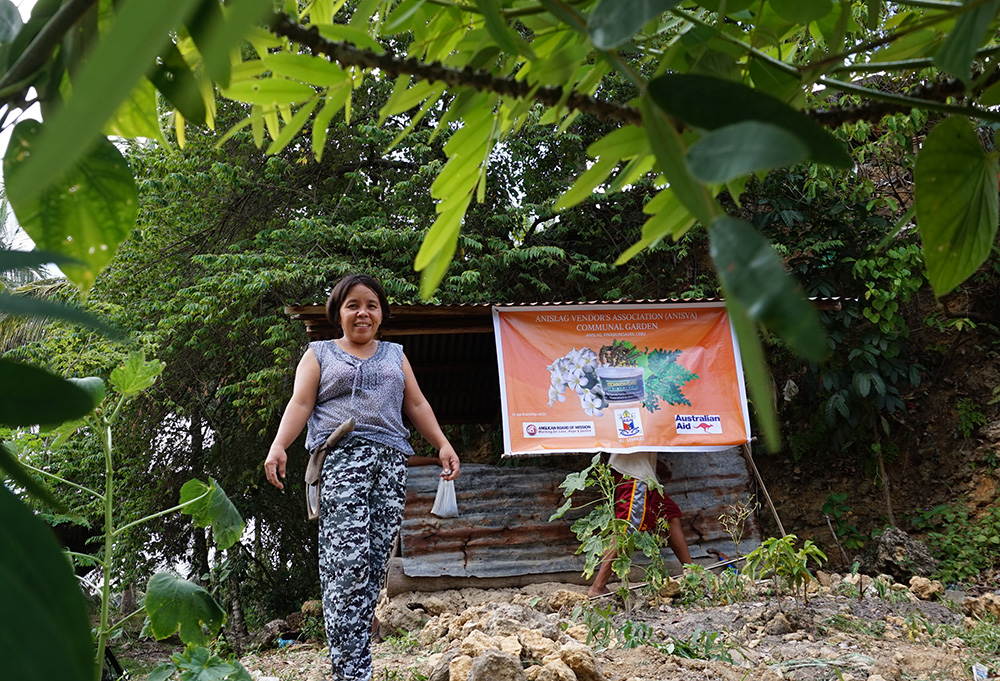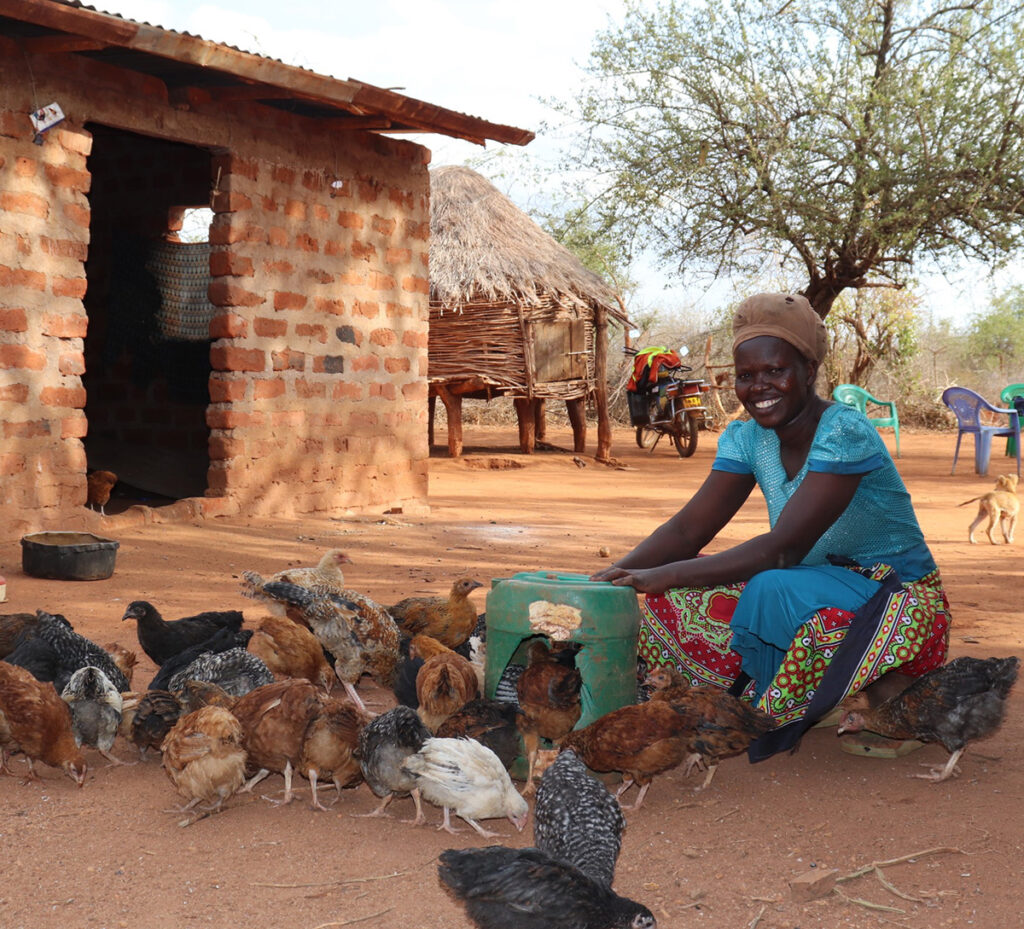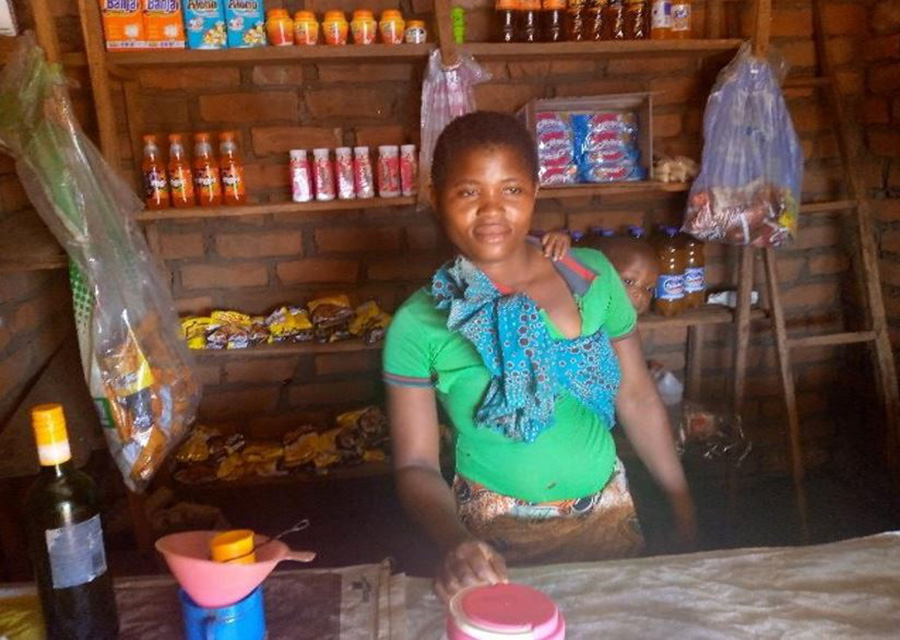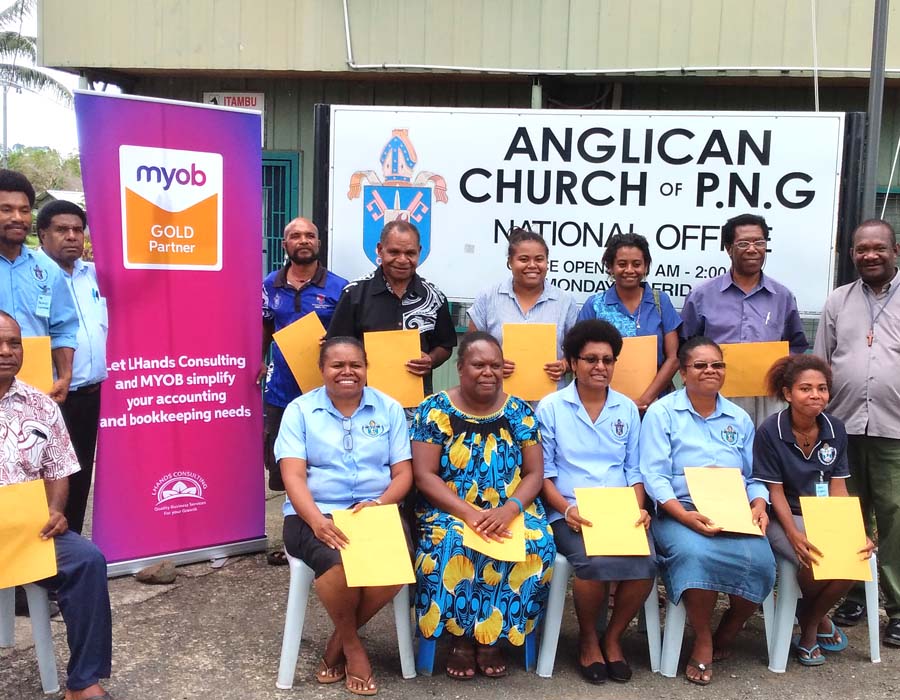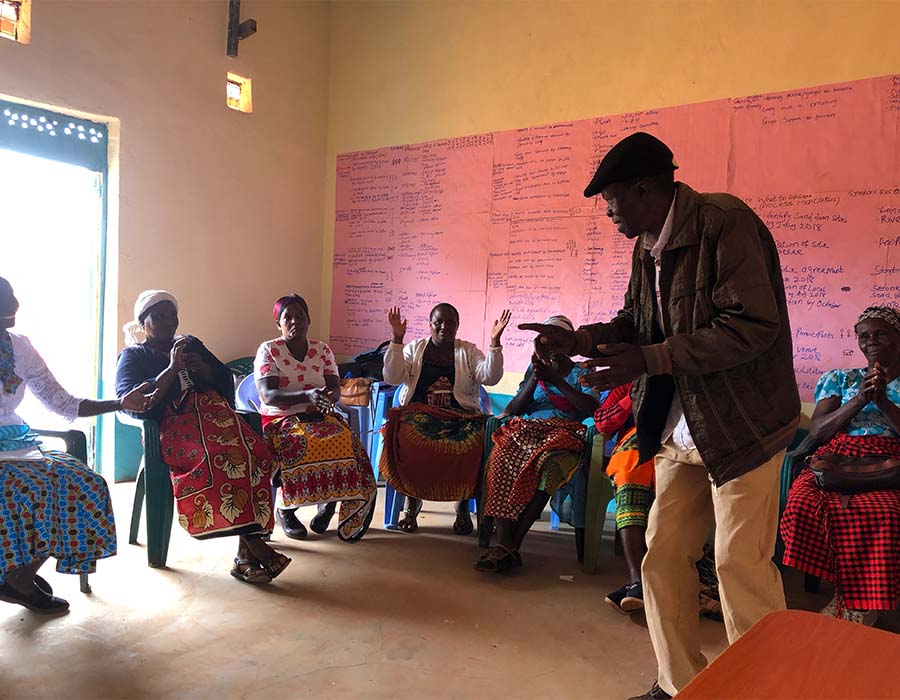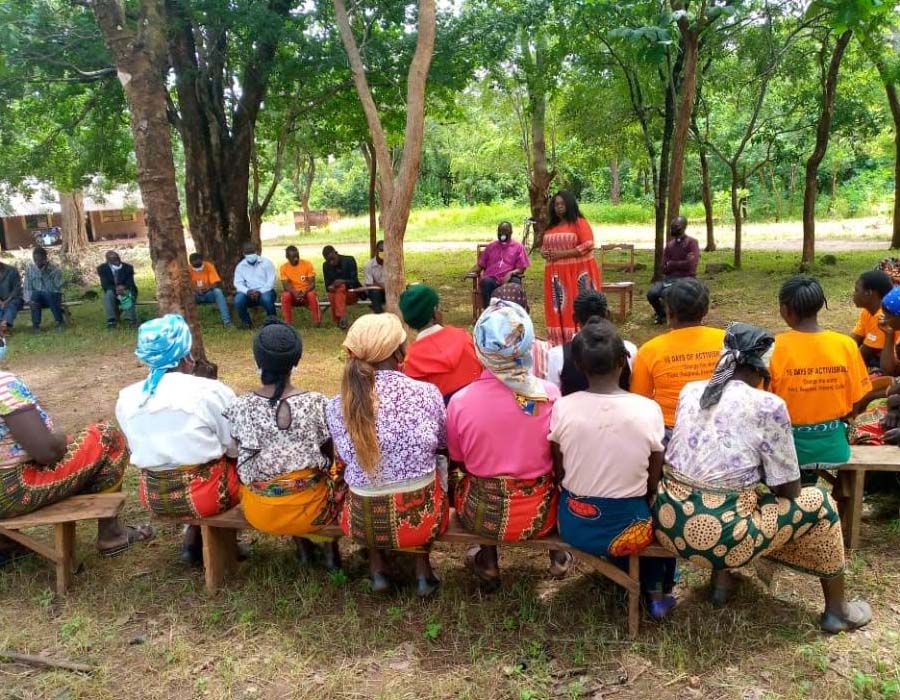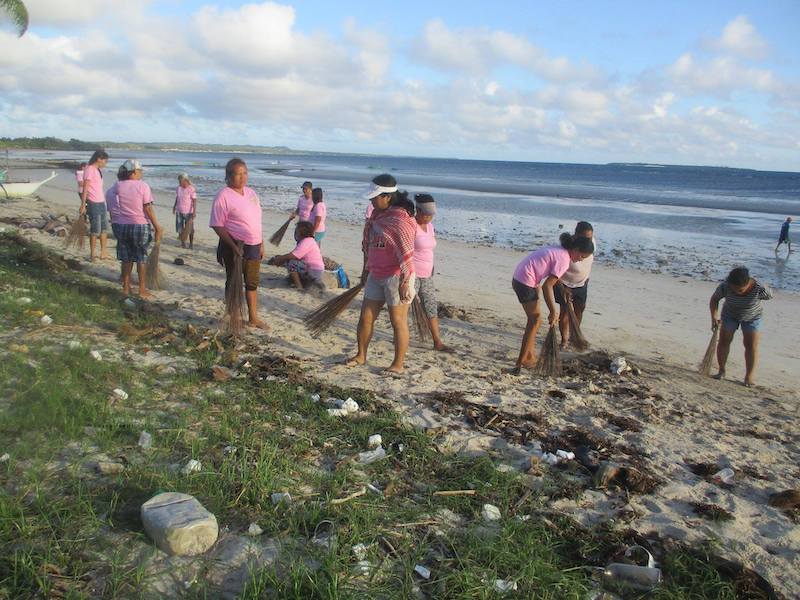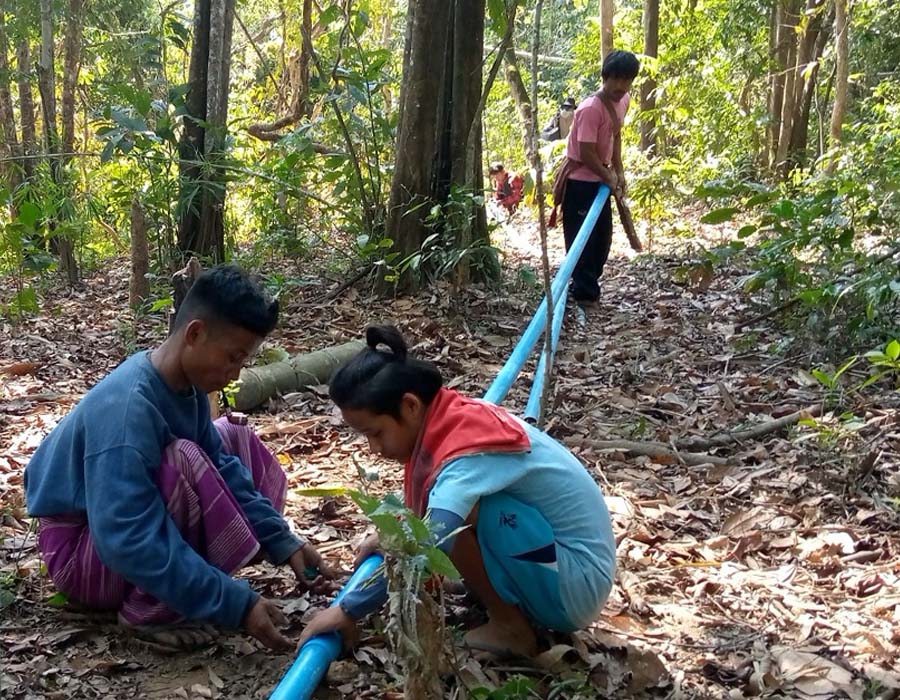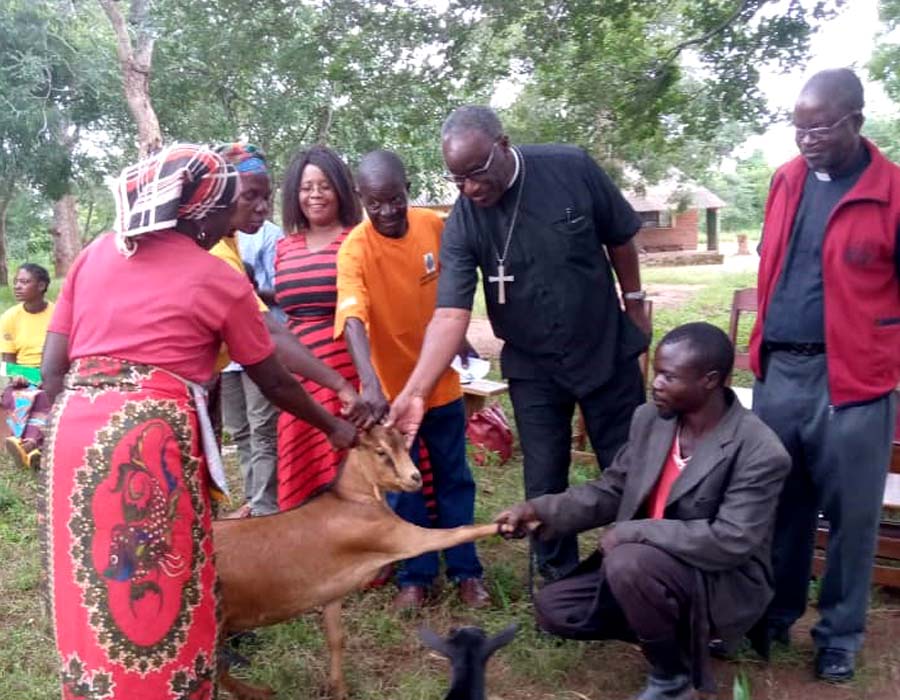Our Effectiveness
The changes we want to see…
Anglicans in Development is committed to working with its community development partners and their local communities to assist them to become champions and examples of positive change that can inspire others. Each year we review our impacts in two or three key sectors, aiming to align them as much as possible with the Sustainable Development Goals and Targets.
We also commission an evaluation at the end of a project phase, assessing such aspects as how well it achieved what it intended to do, whether the results are likely to be sustained beyond the life of the project, and much more.
On this page you can also read stories about key development issues such as localisation, gender equity, social inclusion, environmental sustainability and climate change.
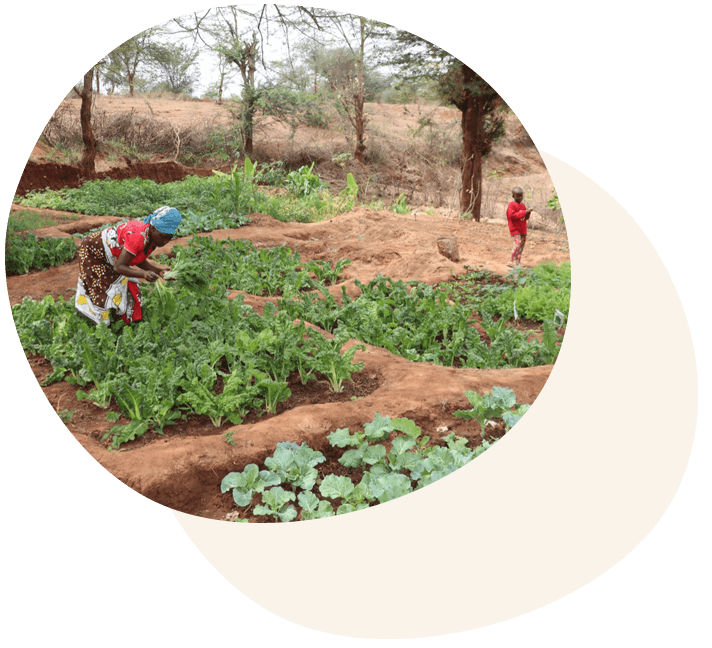
AID’s community development effectiveness in 2023
Almost 5000 people increased their incomes last year as a result of support from AID’s community development programs.
Recent evaluation finds thousands of young Papua New Guineans supported to gain literacy and numeracy skills.
Read this summary to find out the impacts of a program which aimed to improve literacy levels and support local Papua New Guinean communities to respond to the COVID-19 pandemic.
Communities are organising better and producing more food in AID’s Myanmar Sustainable Agriculture project
A recent evaluation of AID’s recently completed “Sustainable Agriculture Project” in Myanmar found that agricultural productivity and community organisation were the key impacts of the project.
Long terms gains made in Philippines project in spite of COVID-19
Read this update showing how our Asset-based Community Development Project in the Philippines, implemented by AID’s partner IFI-VIMROD, is still showing gains to the community three years on.
Kenyan Project Evaluation 2022
Read a summary of the recent evaluation of our Kenyan Livelihoods Improvement Project. Although affirming that all the objectives had been met, the evaluator recommended one further year of working with the same communities to increase the likelihood of the results being sustainable in the longer term.
Evaluating Impacts on Gender Equality in Zambia
AID recently completed an independent evaluation of four years of its Integrated Gender Project in four Zambian villages, and the results show many have benefited.
Local partners getting even stronger – How did AID help in 2021?
As well as funding projects, AID also supports its development partners to strengthen their systems. Whether it’s finance, safeguarding or project monitoring, AID is there to provide support.
Localising AID as the world learns to live with Covid-19
Anglicans in Development has been using a strongly localised approach for decades. As a church agency, AID already devolves power and funding to our local partners in Africa, Asia and the Pacific. What makes us different?
Vanuatu Program Evaluation 2021
Hellen was a 36-year-old marketplace vendor. Inspired to help others, she attended a course in Luganville about how to teach literacy and numeracy. She returned to her community...
Why we do Program Evaluations
The clearest reason is because evaluations provide AID and our partners with a detailed analysis of what has succeeded and what hasn’t succeeded in the program. Evaluations can also...
International Mother Earth Day 2021
Floods across much of eastern Australia in 2021. Bushfires raging across Australia in the summer of 2019-2020. Fish die-offs across a 40km stretch of the lower Darling River in the summer...
2020 Achievements in ABM’s Water and Sanitation Program across three Countries
A key aim of ABM’s community development work is to support our partners to achieve gender equality and the empowerment of women. This story reports on key results of ABM’s Women’s...
2020 Achievements in ABM’s Women’s Empowerment Program
A key aim of ABM’s community development work is to support our partners to achieve gender equality and the empowerment of women. This story reports on key results of ABM’s Women’s...
